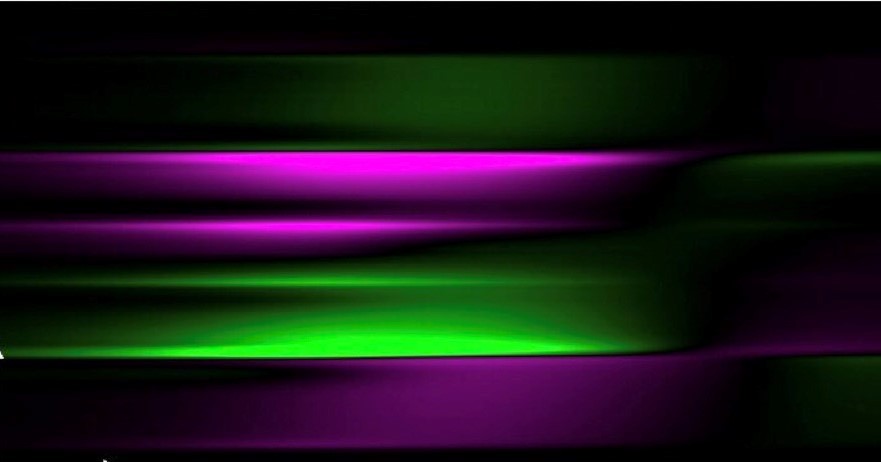Scientists at Columbia University in the U.S. claim to have created a new design rule for singlet fission materials that could lead to drastically improved efficiencies for solar cells and other PV devices.
In the study Ultra-fast intramolecular singlet fission to persistent multiexcitons by molecular design, published in Nature Chemistry, the researchers explained the materials consist of specially designed organic molecules said to be capable of generating two excitons per photon of light. That is made possible by singlet fission, a photophysical process in molecules and molecular aggregates whereby a singlet exciton generated by irradiation splits into two triplet excitons.
Two for the price of one
The revolutionary power of such duplication of excitons is particularly interesting for the solar industry. In conventional PV panels one photon of light can generate only one exciton. When two excitons are generated, however, they have much shorter lives than their single equivalents, limiting their ability to convert light into electricity.
The authors of the new research, however, claim their design rule for singlet fission materials has enabled them to create the most efficient and technologically useful intramolecular singlet fission materials to date.
“This work is the first to show that singlet fission can rapidly generate two excitons that can live for a very long time,” said research coordinator Luis Campos. “This opens the door to fundamentally study how these excitons behave as they sit on individual molecules and also to understand how they can be efficiently put to work in devices that benefit from light-amplified signals.”
According to another recent U.S. study, singlet fission has the potential to raise the theoretical efficiency of solar cells from 33% to 44%.
Singlet fission has already been used in several research projects to reduce thermalization losses in conventional solar cells.
This content is protected by copyright and may not be reused. If you want to cooperate with us and would like to reuse some of our content, please contact: editors@pv-magazine.com.




By submitting this form you agree to pv magazine using your data for the purposes of publishing your comment.
Your personal data will only be disclosed or otherwise transmitted to third parties for the purposes of spam filtering or if this is necessary for technical maintenance of the website. Any other transfer to third parties will not take place unless this is justified on the basis of applicable data protection regulations or if pv magazine is legally obliged to do so.
You may revoke this consent at any time with effect for the future, in which case your personal data will be deleted immediately. Otherwise, your data will be deleted if pv magazine has processed your request or the purpose of data storage is fulfilled.
Further information on data privacy can be found in our Data Protection Policy.